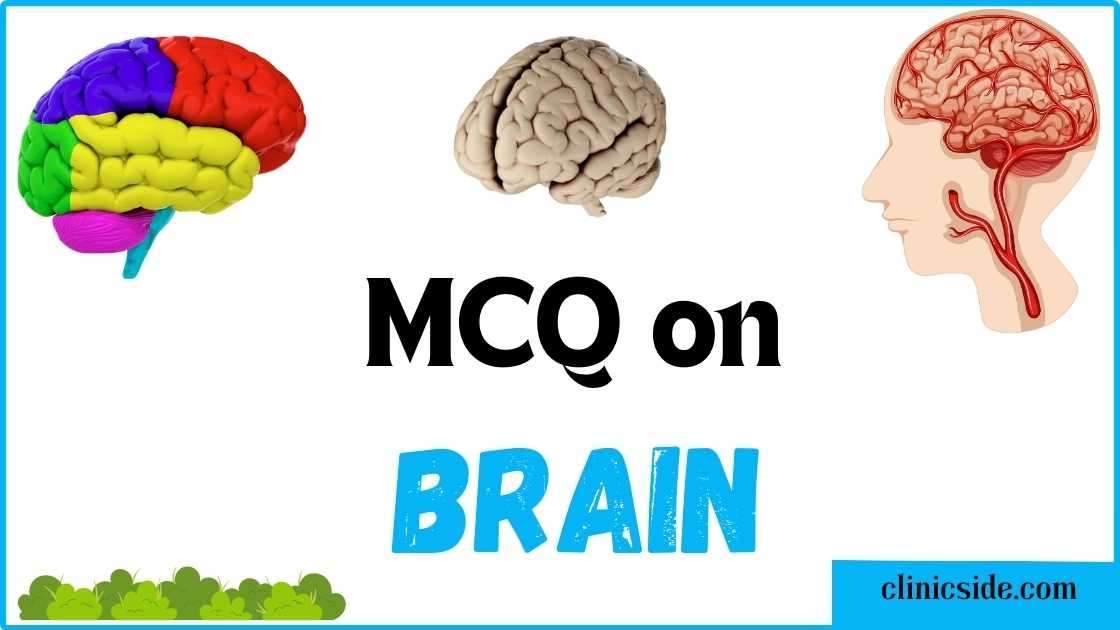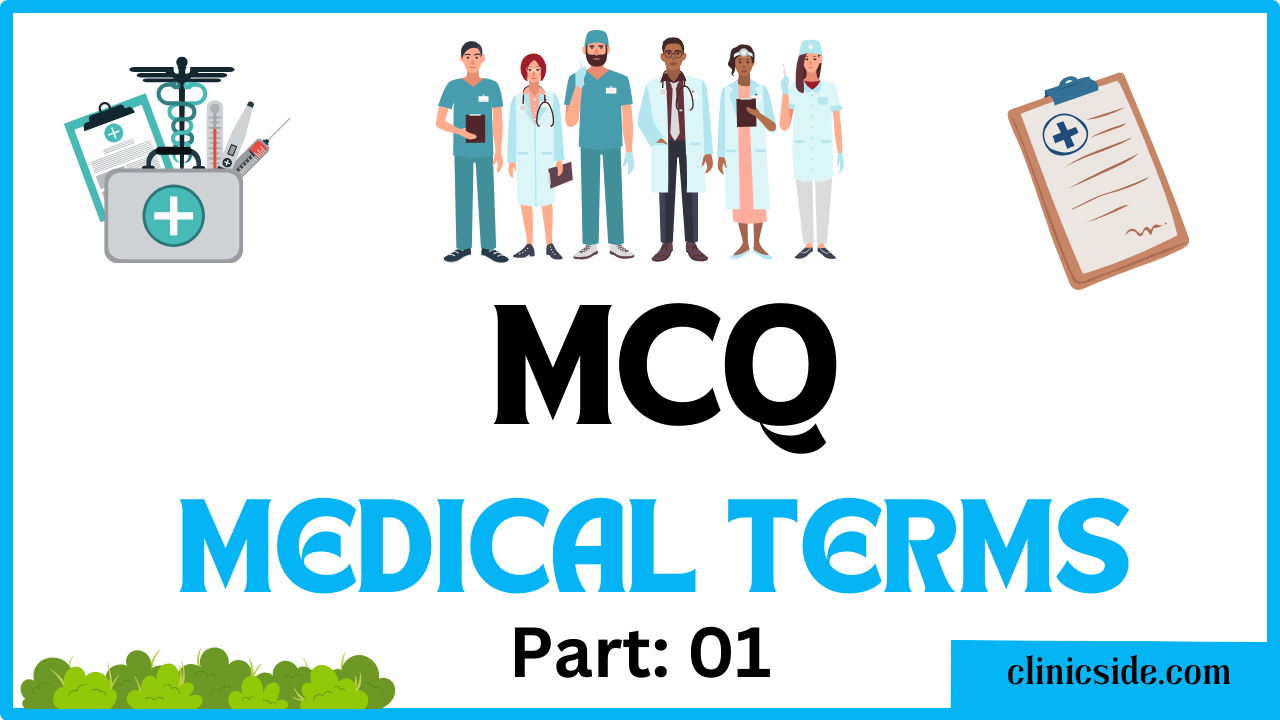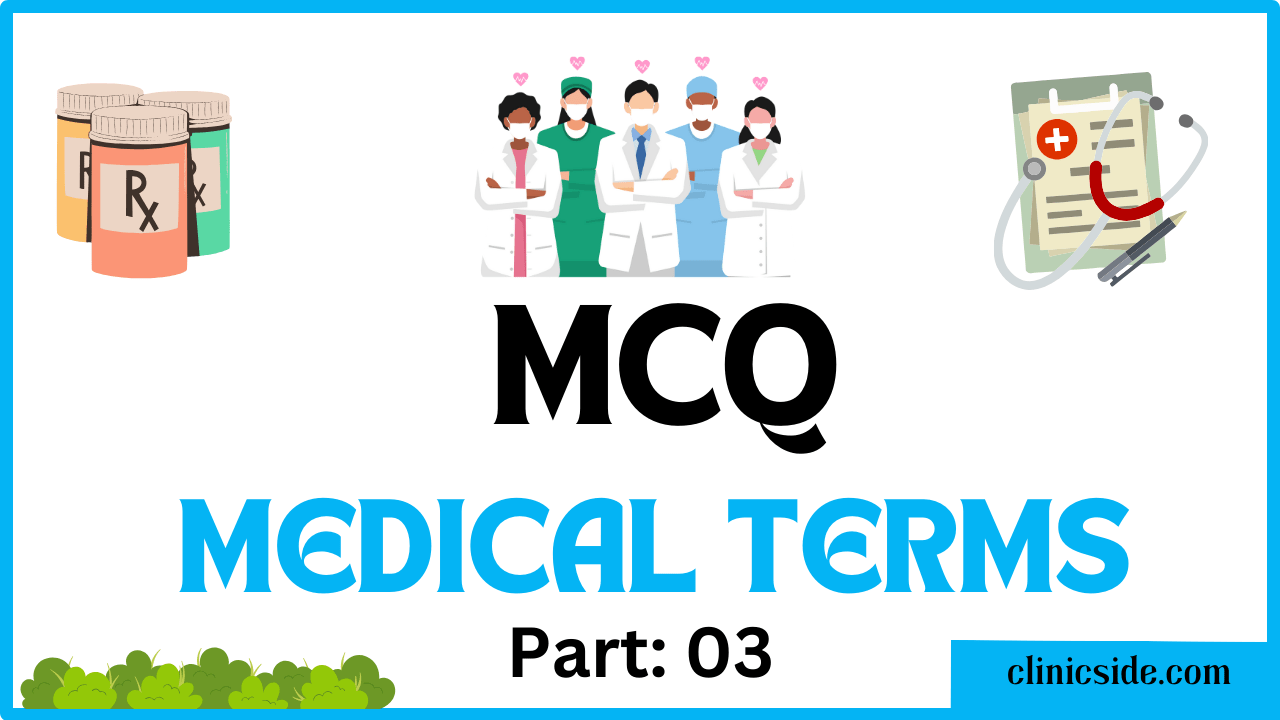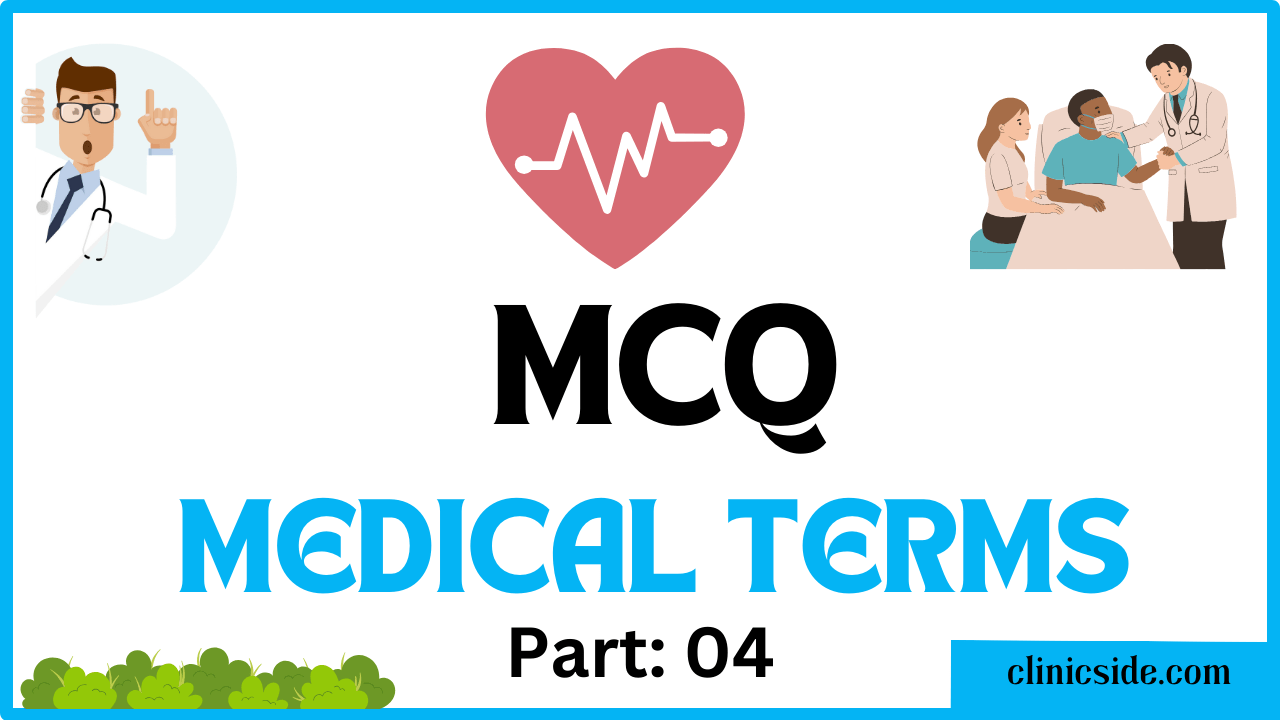Quiz
Available options: 1 to 21
The Human Brain: Structure and Functions
The human brain, often regarded as the most complex organ in the body, is responsible for controlling various bodily functions, emotions, thoughts, and behaviors. Comprising billions of neurons interconnected through intricate networks, the brain can be divided into several distinct parts, each with its specific functions.
Cerebrum
Function: The largest part of the brain, the cerebrum, is responsible for higher cognitive functions such as reasoning, problem-solving, language processing, and voluntary movement control. It is segmented into two hemispheres, with each hemisphere further subdivided into four lobes:
Frontal lobe: Involved in executive functions, decision-making, and motor control.
Parietal lobe: It handles the processing of sensory information and spatial awareness.
Temporal lobe: Plays a role in auditory processing, memory, and emotion regulation.
Occipital lobe: Its primary function is visual processing and interpretation.
Cerebellum
Function: Located at the back of the brain, the cerebellum is responsible for coordinating voluntary movements, maintaining balance, and fine-tuning motor skills.
Brainstem
Function: The brainstem, consisting of the midbrain, pons, and medulla oblongata, regulates essential functions such as breathing, heart rate, blood pressure, and sleep-wake cycles. It also serves as a conduit for sensory and motor pathways between the brain and the rest of the body.
Diencephalon
Function: The diencephalon comprises the thalamus and hypothalamus.
Thalamus: Acts as a relay center for sensory information, directing it to the appropriate areas of the cerebral cortex for processing.
Hypothalamus: Regulates various autonomic functions, including body temperature, thirst, hunger, and hormonal balance. It also plays a role in controlling emotions and the sleep-wake cycle.
Limbic System
Function: The limbic system, including structures like the hippocampus, amygdala, and cingulate gyrus, is involved in emotions, memory formation, and the regulation of the autonomic nervous system.
Basal Ganglia
Function: The basal ganglia are involved in voluntary motor control, procedural learning, habit formation, and emotion regulation.
Cortex
Function: The cerebral cortex, the outer layer of the cerebrum, is responsible for higher cognitive functions such as perception, thinking, and decision-making. It is divided into sensory, motor, and association areas, each serving specific functions related to sensory processing, motor control, and integration of information.
Understanding the structure and functions of the human brain is crucial for unraveling the mysteries of consciousness, cognition, and behavior, as well as for diagnosing and treating neurological disorders.
Test Guidelines and Time Limit:
Guidelines for Maximizing Your Quiz Experience:
Read and Understand:
Carefully read each question related to Brain and ensure you have a clear understanding of the concepts before selecting your answer. This will help you make informed choices and avoid misconceptions.
Choose the Best Answer:
Evaluate all available options before selecting the one that aligns best with your knowledge of Brain. Strive for accuracy and relevance in your responses.
Time Management:
The quiz has a time limit based on the number of questions you choose. Allocate 45 seconds per question. Manage your time wisely to complete all questions within the allotted time.
Efficient time management increases your likelihood of successfully completing the quiz and submitting your answers within the designated timeframe. Best of luck!





